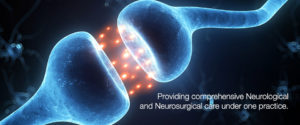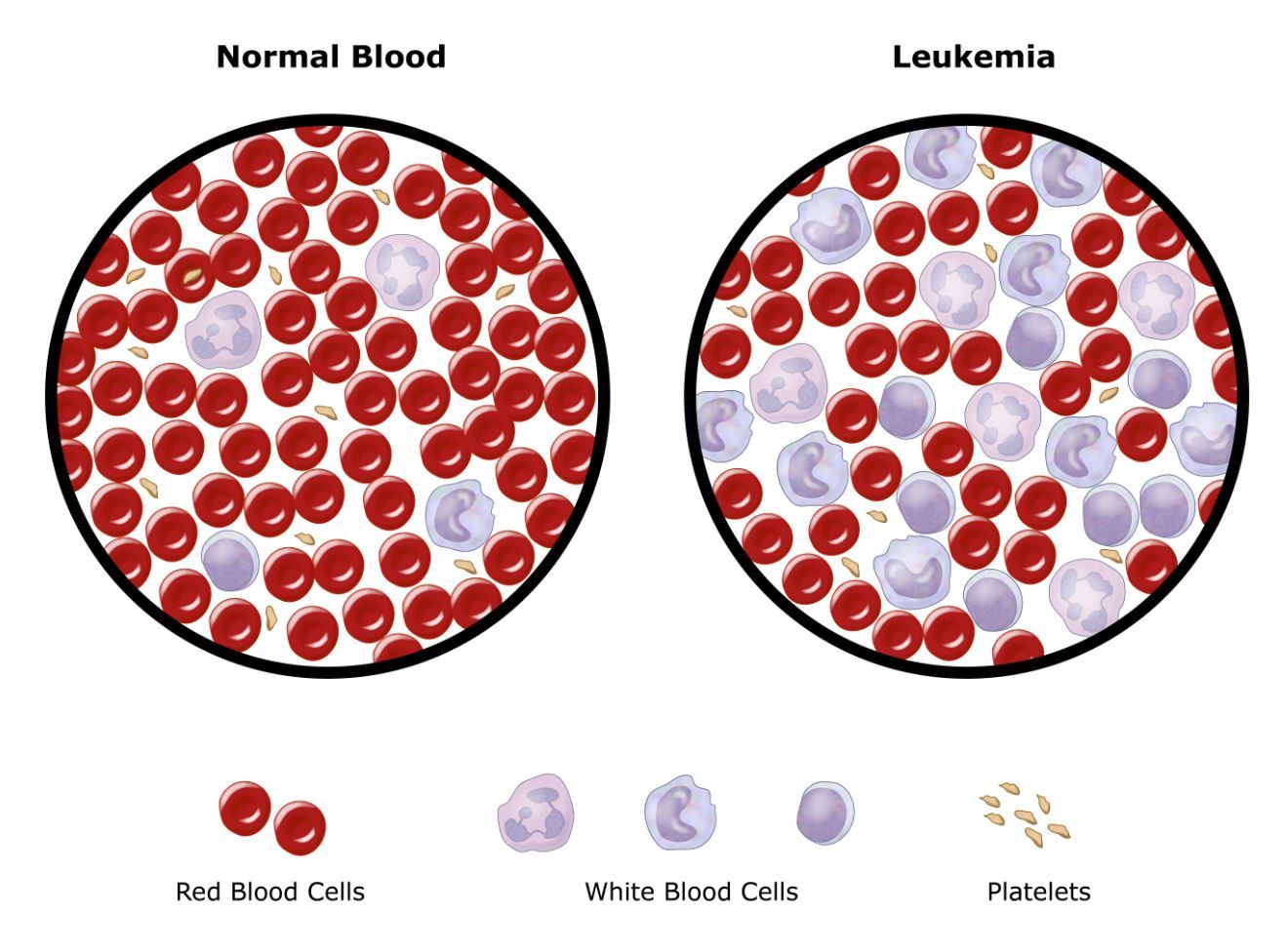Leukemia and lymphoma are two different forms of cancer that originate in the blood system and lymph nodes respectively. Leukemia can be acute or chronic and starts in blood-forming tissues such as bone marrow. Lymphoma starts in the lymphatic system, which helps the body to fight infection. It can be of two types namely: Hodgkin’s and Non- Hodgkin’s Lymphoma.
Leukemia and Lymphoma are different forms of cancer but have similar symptoms and line of treatment. In fact the treatment side effects and palliative care is also same for both these cancers. They also involve the spread of abnormal, cancerous cells by either entering the bloodstream or lymphatic system.
Symptoms of Leukemia and lymphoma
- Fatigue or low energy
- Cuts and bruises that take a long time to heal
- Bleeding from minor wounds
- Frequent nose bleeds
- Fevers
- Night sweats
- Frequent infections that are hard to fight
- Unexplained weight loss
- Achy bones and joints
- Depression and anxiety
Palliative Care for Leukemia and Lymphoma
Palliative care is given to patients of serious illness to manage their symptoms. It is not curative treatment that would work to cure the disease. But palliative care will give relief to the patient from symptoms that the disease or its treatment is causing. It is provided by a team of specialists, including palliative care doctors, nurses and social workers who work with a patient’s other doctors to provide an extra layer of support.
Although palliative care can be given at any age and at any stage of illness but ideally, it should be started as soon as the patient is diagnosed with ALS and be continued throughout the entire course of illness and treatment. It gives best results when given along with curative treatment.
Goals of Palliative Care for Leukemia and Lymphoma
- Act like first line of defence against any symptoms of pain, discomfort, depression or anxiety
- Improve quality of life for both the patient and the family
- Give more control to the patient by improving his understanding of the choices of treatment available and other complex medical information
- Match patient treatment options to his personal needs and goals
- Sort out all medical questions and practical concerns, as well as help in making tough choices that lie ahead
- Suggest aggressive palliative approaches for aggressive medical treatments like chemotherapy that can cause a variety of side-effects like nausea and vomiting, hair loss, fatigue etc.
- Deal with complications like weight loss, bleeding and infection
- Teach patients and parents on how to discuss this serious disease
Advantages of Palliative Care for Leukemia and Lymphoma
-
Provides relief from the symptoms and stress of a serious illness
-
Reduces a lot of patient physical, mental and social suffering
-
Provides in-depth communication between patient, physician and family to match treatment options with goals
-
Improves overall care coordination
-
Strengthen the patient independently carry on with daily life
-
Improves patient ability to tolerate medical treatments
-
Helps patient to better cope with the challenges of leukemia or lymphoma
-
Improves patient tolerance to the side effects of leukemia and lymphoma treatment
 Neurological and neurosurgical patients like post stroke, post road traffic accident (RTA), quadriplegic patients , patients on ventilator and many of these similar kind of patients can be benefited with the patient centered care and approach of our team.
Neurological and neurosurgical patients like post stroke, post road traffic accident (RTA), quadriplegic patients , patients on ventilator and many of these similar kind of patients can be benefited with the patient centered care and approach of our team.
Patients with neurological ailment or post surgery too have palliative care needs. Palliative Care addresses mental health and spiritual needs.
Palliative care provides relief through symptom and pain management to a person with a life-threatening or life-limiting illness.
In the journey of chronic or long standing illness, patients receive many types of treatments. Repeated hospital admissions become a routine for such advanced stage patients. Unfortunately, even with the best treatment; if illness becomes advanced, palliative care is all that is required. Chronic heart failure, chronic renal failure or chronic kidney failure, bed ridden patients due to neurological disorders, patients on ventilators or liver failure patients commonly need expert medical opinion or assistance at home. ACCN is committed to provide specialist health care at home to all advanced illness patients. Home care is best for stage 4 or last stage illness patients. Earlier patents use to search for nursing homes near me, but now ACCN is all set to provide not only nursing home care but home care products also at home and home becomes care home. The purpose of home health care or home care services is to provide comfort care to the patients. Home health care services include home nurse, junior doctor, specialist doctor and other medical procedures at home. Sometimes home health aide can also work like in home nurse. Most of the health care agencies don’t provide respite care for caregiver, but we do. ACCN provides home care nursing services and doctors for home health for assisted living in Delhi, NCR and other parts of north India. Contact us for arranging home visit or for an appointment at our office.
#wincancerpain
Note:-This information should not be used as a substitute for necessary consultations with an Oncologist or Cancer Pain Specialist or Palliative Care Specialist to meet your individual needs. Always consult a medically trained & qualified professional with questions and concerns you have regarding your cancer and cancer related problems.


